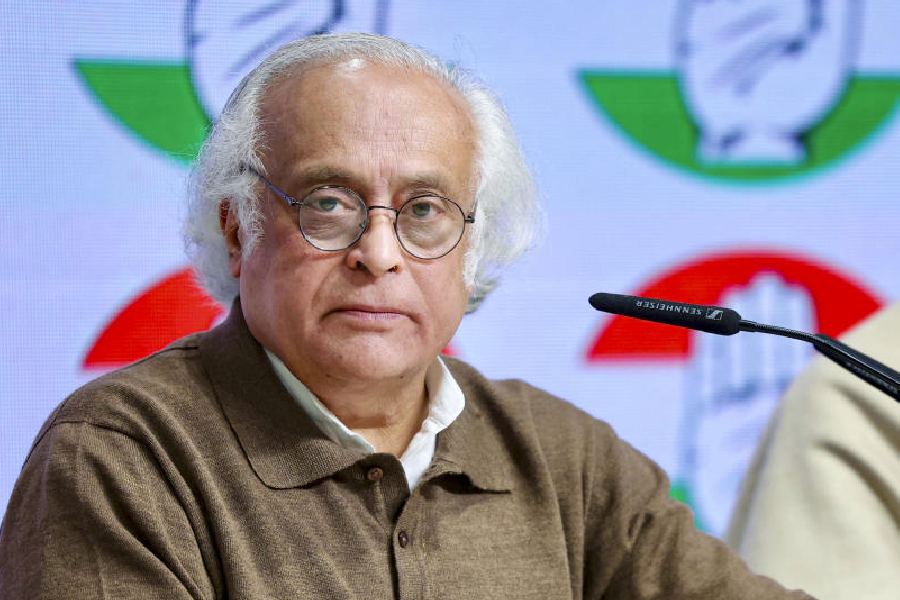 |
| Case in point: Some doctors argue that in many instances, the use of off label drugs is the last resort |
It’s promoted as a wonder vitamin for the brain — something that will treat “intellectual decay… lack of alertness… and learning disabilities associated with the written word.” A set of claims that might rivet the attention of parents worried about their kids’ performance in school. And sales patterns of the drug called piracetam indicate that doctors across India may be quietly pushing it as an intellect-booster.
But in doing so, they may also be breaking the law.
The problem is that piracetam is not approved by India’s drug regulatory agencies as a tonic for the brain. Yet, it is promoted as a drug to improve intellect. It is approved in Western countries only for the treatment of a rare complication of epilepsy. Under rules that govern medical practice in India, doctors cannot prescribe a drug for an illness for which it has not been approved by the nation’s drug regulatory authorities.
But some doctors now want a free hand in prescribing a drug approved for a particular medical condition in the treatment of other conditions — a practice called ‘off label’ use of an approved drug. The Indian Medical Association (IMA) has written to the health ministry seeking a policy on off label use of drugs. If this wish is granted, doctors could prescribe an anti-diabetic drug to treat irregular menstrual cycles, an anti-depressant medication to treat urinary incontinence, and an anaesthetic to treat irregular heart rhythms in children.
“Doctors write off label prescriptions in the best interest of patients. In many cases, off label use of a drug is the treatment of last resort,” said Dr Sanjiv Malik, secretary general of the IMA. In taking a decision about prescribing a drug, doctors draw on personal experience, collective experience of colleagues and on studies in medical journals and conferences.
A New Delhi-based woman in her early-30s, who had almost lost hope after seven abortions, is among patients who, perhaps unknowingly, might have benefitted from off label use of drugs. Her body was manufacturing antibodies that would trigger the abortion. Her gynaecologist then put her on aspirin, a pain-killer, which several medical studies had shown, also has the effect of preventing the formation of these antibodies. The trick worked and the woman delivered her first baby.
“The use of aspirin to prevent abortion is off label,” said her gynaecologist, Dr Sonia Malik, an infertility specialist at the Holy Angels Hospital in New Delhi, and secretary of the Indian Menopause Society. Aspirin is approved as a pain-killer and for use in certain heart conditions. “But it has certainly helped many such women,” she said.
The IMA took up the issue after a leading drug company in India was found last year to be promoting a drug called letrozole, approved for the treatment of breast cancer in postmenopausal women, for the treatment of infertility in women. The very action of the drug, which helped fight breast cancer, also appeared to work as a treatment for infertility. Many gynaecologists across India have prescribed letrozole to infertile women. However, the drug has not been approved for this treatment.
The IMA suggestion has stirred a sharp debate with some doctors themselves dubbing it as “a dangerous suggestion” that could at worst pose harm to consumers. The IMA has pointed out that ‘off label’ use of drugs is a widespread practice in the US where it is authorised by the US Food and Drugs Administration. Critics reject the suggestion that it should be introduced in India just because it is allowed in the US. “Doctors might as well go out and drive on the right side of the road saying that’s the law in the US,” says Dr Chandra Gulhati, editor of Monthly Index of Medical Specialities India, an independent drugs journal.
Almost all doctors agree that ‘off label’ use of drugs could be of potential benefit to carefully selected patients. The debate, however, is on the best way to put ‘off label’ prescriptions into practice. “It may be allowed on a case-by-case basis, in research hospitals after approval by ethics committees and after informed consent from the patients,” said Gulhati. “It should certainly not be a free-for-all where even general practitioners can prescribe drugs for unapproved conditions.”
A key concern from the consumer point of view is that medical prescriptions are often influenced by drug companies. “For the majority of doctors in India, once they have passed out of medical colleges, the major source of medical information is what they get from drug companies,” says Dr Sanjay Nagral, chairman of the Forum for Medical Ethics in Mumbai. “In these circumstances, it’s dangerous to suggest that decisions about off label use of drugs should be left solely with medical practitioners.”
Many doctors appear to be even unaware of the laws that bind them to prescribing only drugs that are approved by India’s drug regulatory authorities.
“We have almost no exposure to drug laws in either medical college or during practice,” said Dr Sonia Malik. She believes the laws should change with time. “I think off label use of drugs should be allowed in a graded and controlled manner — at least in hospitals and a selected group of doctors.”
Approvals of drugs by regulatory authorities are supposed to be based on detailed evaluation of evidence in support of and against the utility of a drug in a particular medical condition. Some studies may show a drug is useful in certain circumstances, others may show that it is not useful. Unless, the evaluation is rigorous, taking into account all available studies, medical studies could be selectively used to either promote or even to mar the reputation of a drug.
“It’s the job of regulators to determine which drug should be approved for what condition. Not that of individual doctors,” said Dr Ranjit Roy Chowdhury, president of the Delhi Medical Council. “If doctors or drug companies think a drug is useful for another disease, all they have to do is to furnish the relevant data to support their contention,” said Roy Chowdhury. He concedes drug regulatory agencies could speed up the process of approvals, “perhaps work on fast track basis to approve such requests within 30 days.”










